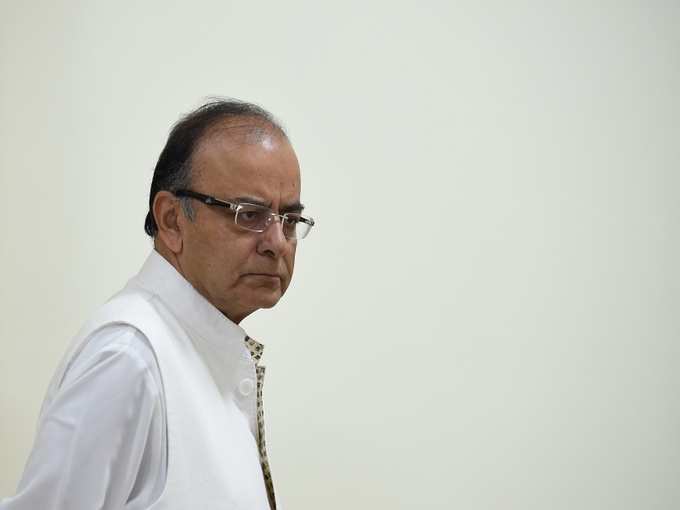 The
The The cesses that would be abolished include Krishi Kalyan and Swachh Bharat, resulting in the government losing Rs 65,000 crore. The government will make up for this loss by finding resources from the budget.
"Amendments or repeal of various provisions of other Acts which will no longer be relevant consequent on rollout of GST will result in cleansing of the irrelevant portions from the Statute Book and reduce multiplicity of taxes," said an official release from the government.
Also read: Luxury cars to get costlier after GST rolls out
These resources would come from higher GST mop-up, since more entities would now be eligible to pay taxes.
GST rates are not yet finalised, which means that it can’t be ascertained whether consumers eating in restaurants or paying phone bills would benefit after removal of cesses and surcharges or not.
Also read: Jaitley hopeful of July 1 GST rollout
The bills amended include the Customs Act, 1962, the Customs Tariff Act, 1975 and the Central Excise Act, 1944.
It also approved cancelling the Central Excise Tariff Act, 1985 and changing or cancelling the provisions relating to Acts under which cesses are levied.
(Image source: South Live)